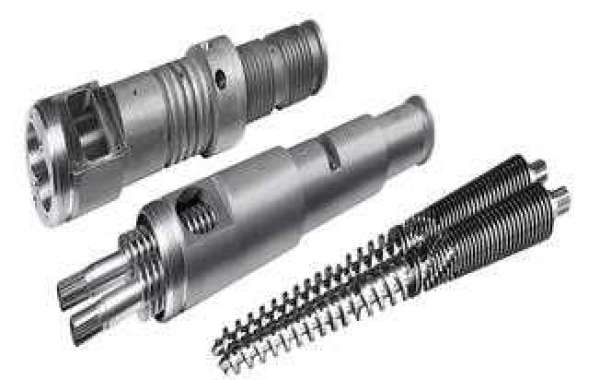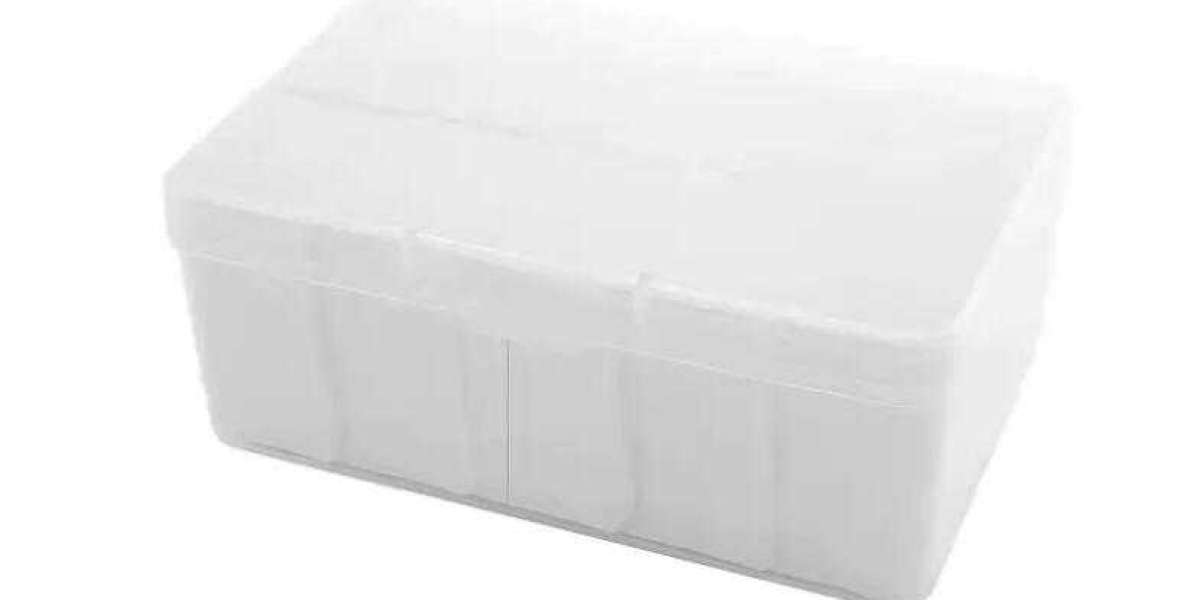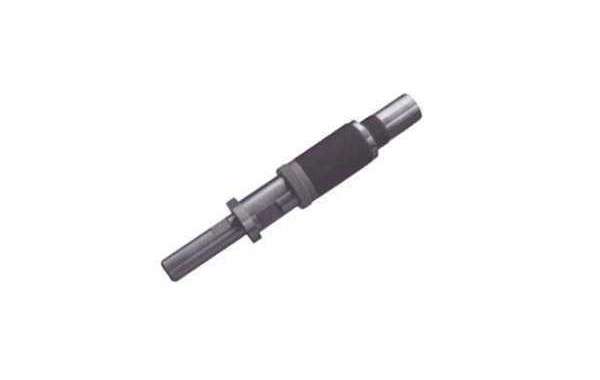The screw of the injection molding machine is operated under high temperature, high pressure, high mechanical torque and high friction for a long time. The first few factors are the process conditions, and the wear caused by friction is inevitable. Generally, the Injection Molding Screw Barrel has been subjected to a surface nitriding treatment to improve the surface hardness, that is, to improve the wear resistance. However, if the cause of the wear is ignored, if we do not try to reduce the wear as much as possible, the working life of the screw will be greatly reduced.
The following will focus on the causes of screw wear and the methods to reduce wear:
Each plastic has an ideal plasticizing processing temperature range, and the barrel processing temperature should be controlled to bring it closer to this temperature range. When granular plastic enters the barrel from the hopper, it will first reach the feeding section. Dry friction will inevitably occur in the feeding section. When these plastics are insufficiently heated and unevenly melted, it is easy to cause increased wear on the inner wall of the barrel and the screw surface. Similarly, in the compression section and the homogenization section, if the molten state of the plastic is disordered and uneven, the wear will increase.
The speed should be properly adjusted. Because some plastics are added with reinforcing agents, such as fiberglass, minerals or other fillers. The friction of these materials on metallic materials is often much greater than that of molten plastic. In the injection molding of these plastics, if it is made with a high speed, it will not only increase the shear force on the plastic, but also strengthen the production of more shredded fibers. The shredded fibers contain sharp ends, which will cause abrasion. The force is greatly increased. When inorganic minerals glide on the metal surface at high speed, its scraping effect is not small. Therefore, the speed should not be adjusted too high.
Detect debris in plastic. Generally speaking, fresh plastic purchased in the original has no debris, but after transportation, weighing, drying, color mixing, especially adding recycled materials, it may be mixed with debris. It is as small as metal shavings, as large as a heating ring nut paperclip, and even a string of warehouse keys. It has been mixed into the barrel. It is self-evident that the screw is damaged. ), It is necessary to install a magnet frame, strict management and monitoring of material input.
The water content in the plastic has a certain effect on the wear of the screw surface. If the plastic has not completely eliminated the moisture before injection, and the residual moisture enters the compression section of the screw, it will form “steam particles” with high temperature pressure that were melted and mixed in the molten plastic before. As the screw advances during the injection process, These “steam particles” expand to the head of the screw during pressure release and expand during the injection process. They are like fine particles of hard particles that cause friction and damage to the wall surface.
In addition, for certain types of plastics, under high temperature and pressure, moisture may become a catalyst that promotes the cracking of plastics, generating harmful impurities that can erode the metal surface. Therefore, the drying work before plastic injection is not only directly related to the production volume, but also affects the working life of the screw.
If you want to purchase Single Screw Extruder Screw Barrel, send us messages!







